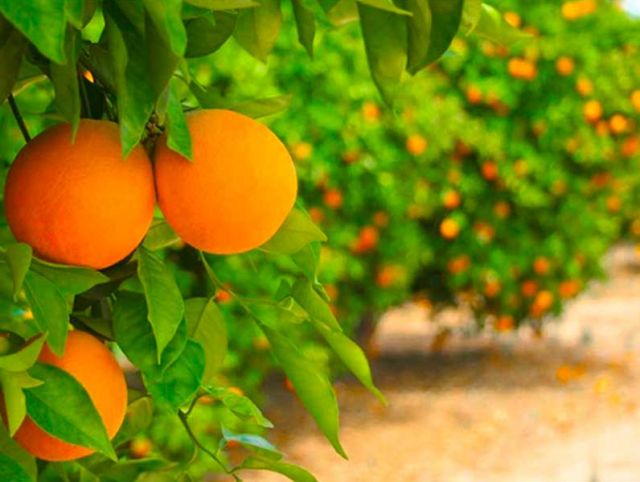Wolski & Krintz "Protecting the Citrus Industry"
CS Profs. Chandra Krintz and Rich Wolski's project, intended to protect the citrus industry from a bacterial disease, gets UCSB IEE seed funding (COE News)

A bacterial disease, HLB, which is spread by the Asian citrus psyllid (ACP) has reduced Florida’s citrus production by 50 percent from 2003-2017, according to the National Agricultural Statistics Service. HLB has no known cure and pesticides have had only minimal impact on ACP. Recently, the ACP was detected in Southern California, along the ground freight corridors that link Los Angeles with the lower San Joaquin Valley, which is where the majority of the nation’s citrus is now grown.
Currently, there is one promising defense against ACP under development, Citrus Under Protective Screens (CUPS). The permanent protective screen structures block all pests larger than 0.5 microns from trees inside the structure. In small-scale tests, CUPS kept out the problematic pests and produced HLB-free trees.
However, CUPS have not been widely implemented because too many uncertainties exist about the productivity and economic returns of screen-protected citrus. A multi-disciplinary team led by UC Santa Barbara professors Chandra Krintz and Rich Wolski from the Computer Science Department, and Steven DenBaars from the Materials and Electrical and Computer Engineering departments plan to answer those questions. They plan to explore new technologies for measuring and controlling environmental conditions with and without CUPS in order to make them economically viable and sustainable for growers.
Their project, Sensing and Lighting for Citrus Under Protective Screens, was one of four proposals selected to receive an inaugural research seed award by UCSB’s Institute for Energy Efficiency (IEE).
COE News – "Collaborating to Protect the Citrus Industry" (full article)